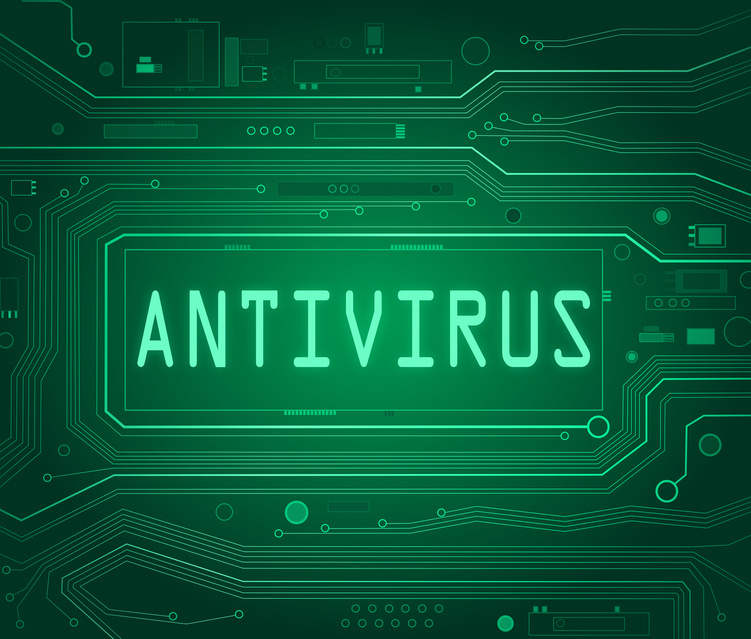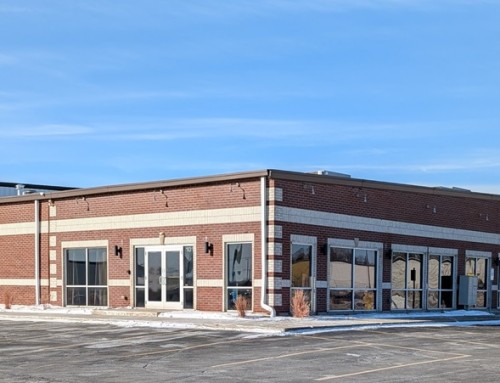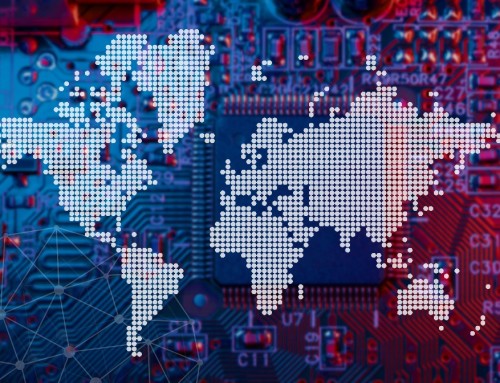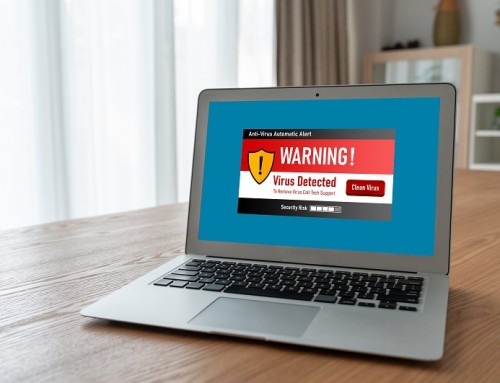We frequently get asked the question of what is the best Antivirus product to keep my computers from getting infected. To be honest, most Antivirus products on the market today are quite comparable, some having only a slight advantage in how quickly they release new virus definitions. The better question is, how can I better protect my organization from virus, malware, and spyware outbreaks, because in today’s world Antivirus alone is not enough. At Layered Systems, we deploy a phased approach to this dilemma depending on each customer’s unique needs. Protection should start far outside of your internal network and desktop computers, and some of the methods we commonly deploy are listed in this blog. Read on.
Email Security
One of the most common vulnerability points is via corporate email. The attackers have gotten very good at making email appear to be legitimate to the average end user, when in reality the email contains a nasty virus and when you open it you infect your computer. In the past, most organizations installed filtering software on their internal mail server to remove spam, virus, and malware attachments before being delivered to the user. This means that the virus has technically already made it into your network and on to your server (although it hasn’t infected anything at this point). At Layered Systems, we believe it is best to move this function out to the Cloud, in turn, keeping all the garbage out of your internal network completely by only forwarding legitimate email to your end users.
Web Security
Another very common vulnerability point is via web browsing. How many times have you clicked on something while surfing the web that looked quite valid and legitimate, only to find out that you just infected your computer? In the past, most organizations would fight this issue with an onsite web content filtering hardware solution, but again, there are some much better ways to do this now via the Cloud. All of our Managed Services customers are protected from web content containing malware, spyware, and viruses delivered through the web. In addition, customers can block other content categories such as pornography, social media, and illegal activity, to name a few.
Gateway Security
Gateway Security relies on the notion of stopping the threat before it enters the network and disrupts business operations. Today’s security appliances or firewalls can deliver a multitude of security functions including zone-based firewall rules, content filtering, anti-spam, anti-virus, anti-spyware, anti-phishing, and intrusion prevention. I know what you are all thinking, doesn’t some of this functionality overlap with the other methods? Yes, this is true, but at Layered Systems, we believe that by layering these technologies your internal network becomes more and more secure.
Desktop/Server Security
Now, I am finally to the part which will attempt to answer the question that I opened this blog with. Yes, our desktop computers, mobile devices, and servers need to be protected by Antivirus software as well, but which specific product we use is irrelevant if we have put in the other proper safeguards to protect them. The local antivirus agent is constantly scanning our computers for anything that looks suspicious and attempts to block the activity from happening, hopefully, you are not seeing many, if any, block messages on your local computer! At Layered Systems, we are monitoring our Antivirus deployments to ensure each and every device has proper protection and has the latest virus definitions so our customers don’t have to worry about it.
Patching
The final piece of the puzzle is operating system and application level patching of our desktops and servers. This is very important because software companies are constantly patching their software as new vulnerabilities are found within their products. By patching we ensure that the holes in our software and operating system are closed and therefore, when a hacker tries to exploit the hole their attempt is blocked. At Layered Systems, we approve, deploy, and monitor all of the computers and servers under our Managed Services Agreements to ensure our clients are properly protected.







